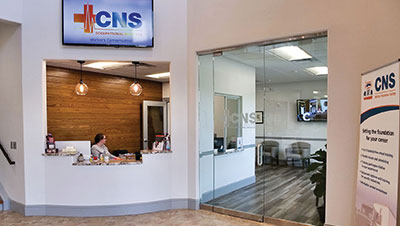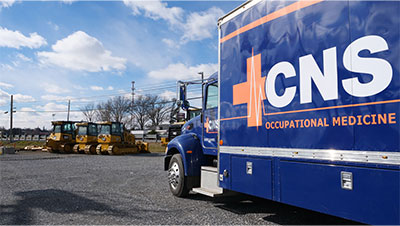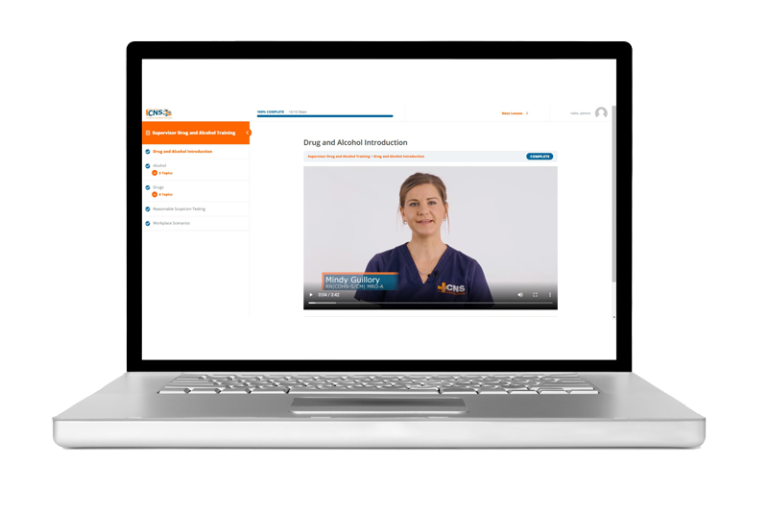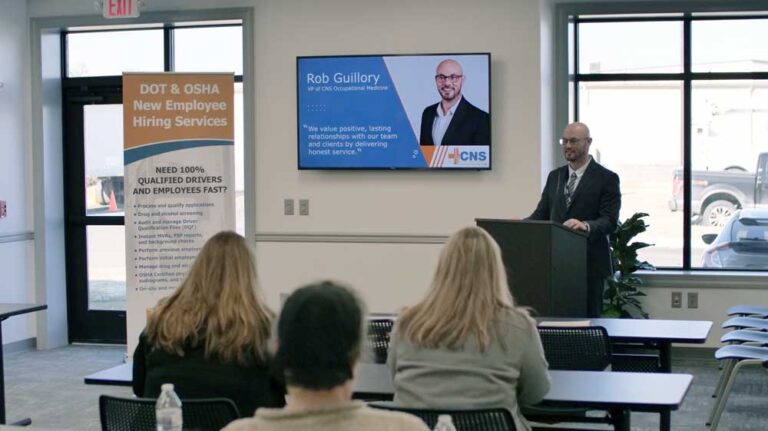The US Department of Labor (DOL) has just published the OSHA 2023 Semiannual Regulatory Agenda detailing their coming regulatory agenda.
The agenda is broken into three primary categories: Pre-Rule Stage, Proposed Rule Stage, and Final Rule Stage. For a more detailed overview of the OSHA Rulemaking Process, click here.
Let’s look at what is coming from DOT and OSHA.
OSHA Hazard Communication Standard (HazCom)
On February 16, 2021, OSHA published a long-awaited notice of proposed rulemaking (NPRM)(opens in a new tab) to update the HazCom Standard by aligning it with Revision 7 of the UN’s Globally Harmonized System of Classification and Labelling of Chemicals (GHS).
The NPRM proposes:
- Revised classifications for flammable gases, aerosols and desensitized explosives
- Revised requirements for “small” and “very small” shipped containers
- Revised shipping requirements for “bulk shipments”
- Requirements for classification of hazards under “normal conditions of use,” including those resulting from chemical reactions and physical changes
- Require manufacturers of substances to comply with these new requirements within one year of the effective date of the eventual final rule, while manufacturers of mixtures would have two years from that final rule effective date.
While the Rule has been in the final rule stage since 2022, many are expecting publication by the end of the year.
DOT Drug & Alcohol Testing: Accepting Electronic Signatures, Forms and Records Storage
This rulemaking would allow DOT-regulated employers and their contractors who administer their DOT-regulated drug and alcohol testing programs to use electronic signatures on documents required to be created and utilized under 49 CFR part 40.
The rulemaking would also allow these parties to use electronic versions of forms, including the use of an electronic version of the Alcohol Testing Form (ATF), and to electronically store forms and data gathered in accordance with part 40.
A Notice of Proposed Rulemaking was expected in August 2023 but may come by the end of the year.
FMCSA Oral Saliva Testing Laboratories Certification
While the final rule to allow FMCSA oral saliva testing became effective June 1, 2023, it cannot be fully implemented until HHS certifies at least two laboratories.
As of Oct 2, 2023, there are no certified laboratories for oral saliva DOT testing.
The following is a link to HHS-certified laboratories: https://www.samhsa.gov/workplace/drug-testing-resources/certified-lab-list
LabCorp and Quest are expecting to be certified first. LabCorp is hoping to be certified by November or December of this year as labs will need to validate the reagent and apply for federal inspection, which is a process.
Stricter OSHA Rule For Silica Exposure and Silica Respiratory Testing
Since 2016, OSHA has been creating new “respirable crystalline silica” standards, which is to be fully implemented by mid-2021 to protect workers.
At the time, some stakeholders were not satisfied with the level of protection, taking issue that the rules contained medical surveillance provisions but not medical removal provisions. OSHA is looking to revise their rules.
A Notice of Proposed Rulemaking to revise the silica Medical Surveillance Provisions for Medical Removal Protection is expected in January 2024.
What about the mining industry?
Earlier this summer the U.S. Dept of Labor proposed a rulemaking that hopes to reduce silica dust exposure and better protect the health of workers in the mining industry.
This has been anticipated as the rule change would ensure miners have at least the same level of protection as workers in other industries.
The proposed rule would require:
- Mine operators to maintain miners’ Permissible Exposure Limit to respirable crystalline silica at or below 50 micrograms per cubic meter of air (currently 100 µg/m3) for a full shift exposure, calculated as an 8-hour time weighted average (same PEL OSHA set in 2016).
- Medical surveillance at no cost for metal and nonmetal miners (chest Xrays, spirometry, symptom assessment, and occupational history)
- Replace existing respiratory protection standard requirements (ASTM F3387–19)
- And more
Comment period ended Sept 11, 2023. After the comment period, the agency will review all comments, create a detailed rule, and propose a final rulemaking.
OSHA’s Recordkeeping Rule for High-Hazard Industry Employers
In July, OSHA amended its occupational injury and illness recordkeeping regulation. It will now require certain high-hazard employers to electronically submit injury and illness information to OSHA, which they are already required to keep in their records according to the regulation.
Under the new rule, there will be four major changes:
- Require establishments with 100 or more employees in certain high-hazard industries to electronically submit information from their OSHA Forms 300, 301 and 300A to OSHA once a year.
- Update the classification system used to determine the list of industries covered in the rule.
- Remove the current requirement for establishments with 250 or more employees, NOT in a designated industry, to electronically submit information from their Form 300A to OSHA annually.
- Require employers to include their company name when making electronic submissions to OSHA.
The final rule becomes effective on January 1, 2024 and the first reports under revised requirements are due March 2, 2024.
Infectious Diseases Standard
OSHA has been developing an Infectious Diseases Standard to address perceived gaps in workplace protections established under the Bloodborne Pathogens Standard since 2010.
If a standard is proposed, hazard controls and other requirements could include:
- formal infection control (IC) programs
- hazard and risk assessment
- respiratory PPE requirements
- vaccination requirements
- recordkeeping
- isolation precautions and infection prevention engineering controls that may include the use of airborne infection isolation rooms (AIIRs)
Workplaces where such control measures might be necessary include:
- health care
- emergency response
- prisons
- homeless shelters
- drug treatment program facilities
- and more
An Notice of Proposed Rulemaking is currently targeted for March 2024.
Delaware Recreational Marijuana Legalization
In April, Gov. Carney of Delaware let two bills become law without his signature to legalize recreational marijuana and decriminalize marijuana possession in the state.
Immediately, adults over the age of 21 in Delaware can consume marijuana products in private without any threat of penalty.
House Bill 2 creates a legal framework to regulate the growth, sale, and possession of marijuana and provide opportunities for small businesses to be licensed in these areas.
Adults 21 and older will then eventually be able purchase a personal use quantity of marijuana from a licensed retail store.
There will be 30 retail licenses available but not be issued until at least September 2024 and it would likely be a few months after that before selling marijuana products at these retailers.
Heat Illness Prevention
Over the last several years Congress has been pushing OSHA to initiate rulemaking for a federal heat standard.
According to an advance notice of proposed rulemaking published in the Oct. 27, 2021 the agency obtained additional information about “the extent and nature of hazardous heat in the workplace and the nature and effectiveness of interventions and controls used to prevent heat-related injury and illness.”
This is still in the pre-rule stage and OSHA is reviewing comments with hopes to create a broad standard to address heat stress in indoor and outdoor settings. It could be several years before OSHA publishes a final rule.
Get help with customized workplace health policy development
Workplace health and drug testing policies can be complicated to implement and change across your company.
For example, your drug testing policy should consider:
- Purpose of the Policy
- Specimen Types
- Testing Procedures
- Prescription Drug Disclosure
- Federal Regulations (DOT)
- State Drug Testing Laws and Marijuana Laws
- Workers’ Compensation
- ADA
- Prohibited Conduct
- Consequences
Our Occupational Medicine Team can develop a custom workplace safety plan for your company that combines services like physicals, drug testing, audiograms, respiratory fit testing, and more.
For more information, contact us at 800.551.9816 or info@cnsoccmed.com.










